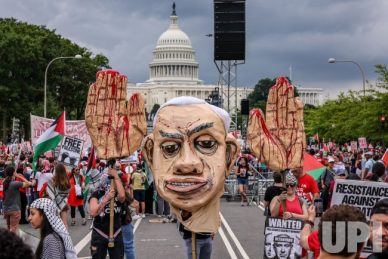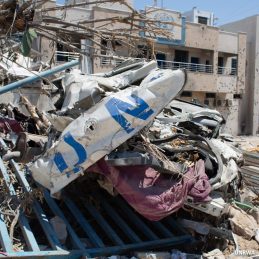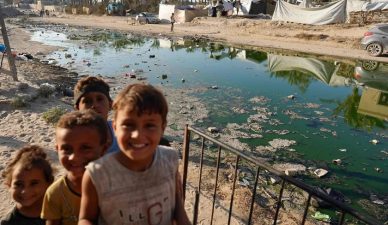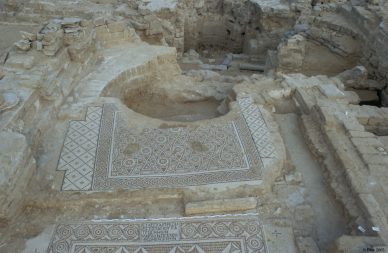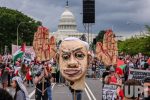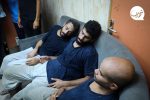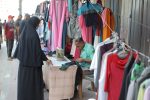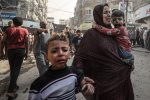GAZA, (PIC)
A Palestinian doctor recounts his experience in treating patients and the wounded in one of the hospitals in Gaza, amidst the collapse of the healthcare system due to the continuous indiscriminate Israeli bombardment, which did not even spare vital facilities and infrastructure in the devastated region.
Dr. Hafez Abu Khousa, a plastic and reconstructive surgeon, shares his experience in an article he wrote and published in the American “Time” magazine.
Dr. Hafez said that he worked day and night at Nasser Hospital in Khan Yunis, southern Gaza Strip, where he performed about 20 reconstructive surgeries sometimes every day, including the removal of dead tissue from burns, skin grafting, and closing the torso of amputees.
He added that he, his wife, and their three children used to live in the Rimal neighborhood in Gaza City before the war. He worked in a small hospital run by Doctors Without Borders. However, when the Israeli aggression on the Strip began, the neighborhood turned into ruins, and his family members were forced to flee their home on the 10th of the same month. They continued to move from one place to another.
The family spent a night in his wife’s brother’s house, another night in one of the schools of the United Nations Relief and Works Agency for Palestine Refugees (UNRWA), and a third night in his brother’s house before they fled south to Khan Yunis on October 23rd.
He pointed out that the healthcare system in Gaza has almost completely collapsed as a result of the ongoing Israeli bombardment, and hospitals and ambulances have been subjected to repeated attacks.
According to the Ministry of Health in Gaza, more than 250 healthcare workers have been martyred so far, including two of his colleagues from Doctors Without Borders who died while performing their duty at Al-Awda Hospital in northern Gaza.
Out of the 36 hospitals in Gaza, only 11 hospitals are still operating according to the World Health Organization (WHO). Hospitals in the northern part of the Strip, such as Al-Shifa Hospital, are barely functioning due to the depletion of essential medications and fuel, as mentioned in the Time’s article.
Amputation without anesthesia
Dr. Hafez said that his colleagues were performing amputations under the light of a handheld lamp and without anesthesia. When Israeli soldiers stormed Al-Shifa Hospital a few weeks ago, doctors and staff were forced to leave behind the most severely suffering patients or wounded to the extent that they couldn’t evacuate them. Some of those who refused to leave, including the hospital director and dozens of others, were arrested.
According to the article’s author, Israeli soldiers forced the staff at Al-Nasser Pediatric Hospital to abandon the patients, including four children who needed oxygen. They were later found dead.
The situation at Nasser Hospital in Khan Yunis is described as operating well beyond its capacity after being overwhelmed with the wounded. The patients are lining the corridors, and many of them are lying on the floor due to insufficient beds in the hospital.
He explained that the most challenging cases they encounter are the injured individuals who were receiving treatment in hospitals in northern Gaza, where he returned yesterday to resume his work at Al-Aqsa Hospital, stating that his presence there is much needed.
He also touched upon the working environment in hospitals in northern Gaza, where his colleagues work under conditions of no electricity, antibiotics, and even water.
He said, “Patients would come to us with advanced gangrene affecting their limbs, and although it was possible to save them, amputation was necessary. One patient was suffering from worm-infested burns.”
He recounted his family’s suffering while he is away from them, saying that he tries to contact them every day and feels relieved when he knows they are still alive, but things have become more terrifying.
Despite all the suffering, Dr. Hafez appears more determined to continue his work under the harsh conditions he described in the article.
He concluded by saying, “I pray to God that the massacres will stop soon. Until that happens, I will go wherever I am needed the most, and I will continue to serve my people and save lives.”


